What is the Ofgem energy price cap and what does it mean for your bills?
The Ofgem energy price cap is reviewed every three months. What is its current level and how does it affect bills?

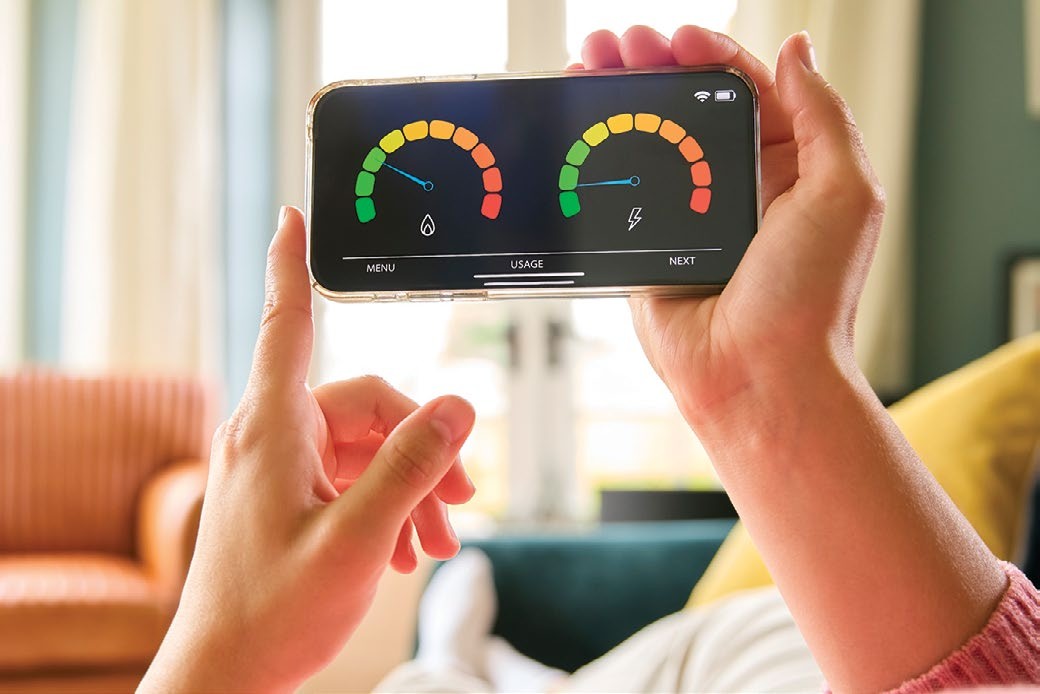
Get the latest financial news, insights and expert analysis from our award-winning MoneyWeek team, to help you understand what really matters when it comes to your finances.
You are now subscribed
Your newsletter sign-up was successful
Want to add more newsletters?

Twice daily
MoneyWeek
Get the latest financial news, insights and expert analysis from our award-winning MoneyWeek team, to help you understand what really matters when it comes to your finances.

Four times a week
Look After My Bills
Sign up to our free money-saving newsletter, filled with the latest news and expert advice to help you find the best tips and deals for managing your bills. Start saving today!
The energy price cap sets a limit on what suppliers can charge per unit of energy and affects millions of households in the UK.
The cap is set by energy regulator Ofgem and is reviewed every three months.
The current cap is in place from 1 January to 31 March and sees the typical household on a dual-fuel tariff paying £1,758 a year.
MoneyWeek
Subscribe to MoneyWeek today and get your first six magazine issues absolutely FREE

Sign up to Money Morning
Don't miss the latest investment and personal finances news, market analysis, plus money-saving tips with our free twice-daily newsletter
Don't miss the latest investment and personal finances news, market analysis, plus money-saving tips with our free twice-daily newsletter
Ofgem has also now confirmed the price cap for the period between 1 April and 30 June. The cap will fall by 7% (£117 per year) in the second quarter of 2026, bringing the average annual energy bill to £1,641.
Energy prices have significantly fallen from staggering highs in 2022 following Russia’s invasion of Ukraine, but it is still far more expensive than it was before the coronavirus pandemic.
We look at what the Ofgem energy price cap is and what it means for your bills.
What is the Ofgem energy price cap?
Introduced in 2019, the energy price cap was brought in to set a limit on how much suppliers could charge customers on standard variable tariffs (SVT) for energy. It is a protective measure which aims to shield households from extortionate prices.
It caps the price per kilowatt hour (kWh) for gas and electricity, along with the standing charges for each fuel. It is not a cap on your total energy bill. What you'll pay is mostly determined by your energy usage.
The cap is set every three months, mostly based on wholesale prices. Supplier profit margins, policy costs, and network infrastructure maintenance are also used to set the rate.
Around 33 million households in England, Wales and Scotland are on Standard Variable Tariffs (SVT), according to the latest data from Ofgem, meaning the amount they pay for their energy goes up and down with the price cap.
The remaining 21 million households are on fixed rate tariffs, where you lock in to pay a certain amount for your energy for a set period of time (usually 12 to 18 months) regardless of whether the price cap goes up or down.
We explore whether you should switch to a fixed rate tariff in a separate article.
The average annual price cap figures are purely illustrative. The amount you pay will vary by usage. It will also depend on where you live in the country, as each region has a private operator that runs the mains networks.
There is no price cap in Northern Ireland, instead there is a tariff review process. Households there are regulated by the Utility Regulator.
Here are the average unit rates per kilowatt hour (kWh) and daily standing charges under the current price cap (January to March) and the next confirmed price cap (April to June).
| Row 0 - Cell 0 | January - March price cap | April - June price cap |
Electricity unit cost | 27.69 pence per kWh | 24.67 pence per kWh |
Electricity standing charge | 54.75 pence per day | 57.21 pence per day |
Gas unit cost | 5.93 pence per kWh | 5.74 pence per kWh |
Gas standing charge | 35.09 pence per day | 29.09 pence per kWh |
Source: Ofgem (confirmed figures). All figures are national averages. Your actual unit rates depend on where in the UK you live. You can find out more about prices in your area on the energy regulator's website.
We go into more detail over whether gas and electricity bills will fall in a separate article.
When is the next Ofgem energy price cap announcement?
Ofgem will announce the next energy price cap, covering July to September by 27 May.
For the period 1 October to 31 December, the announcement will be made by 26 August.
The history of the price cap
The energy price cap was initially put in place to protect vulnerable households. Before the energy crisis, you would only drop onto a variable tariff if you let your fixed deal expire and didn't switch to a new deal.
To prevent consumers in this situation from being overcharged, Theresa May's government brought in the cap in 2019.
However, when the energy crisis hit in late 2021, almost all fixed deals disappeared from the market. This was down to surging wholesale prices, which meant dozens of providers went bust, including Bulb Energy, Zog Energy and Pure Planet.
The fixes that were on offer at this time tended to be much more expensive than variable rate tariffs. As a result, most households dropped onto variable rates and were protected by the cap when their fixes expired.
Things changed again between October 2022 and June 2023, when the government introduced the Energy Price Guarantee (EPG) as a safety net at the height of the energy crisis.
This effectively subsidised suppliers, putting a ceiling on how high charges could go. While the Ofgem price cap soared to a peak of £4,059 per year between January and March 2023, based on typical usage, the average household found itself paying closer to £2,500 per year thanks to the EPG.
Once wholesale costs fell, and the Ofgem cap went below the rate of the EPG in July 2023, households once again found themselves on the price cap rate.
What’s happening with standing charges?
Ofgem is looking to shake up the energy tariffs available to bill payers who want lower standing charges.
Since January 2026, consumers have been given the choice to use an energy tariff with lower standing charges, with the trade-off of paying higher unit rates for their energy.
The energy regulator has warned the change is unlikely to bring about overall savings as the costs are simply being moved to a different part of the bill.
Get the latest financial news, insights and expert analysis from our award-winning MoneyWeek team, to help you understand what really matters when it comes to your finances.

Daniel is a financial journalist at MoneyWeek, writing about personal finance, economics, property, politics, and investing.
He covers savings, political news and enjoys translating economic data into simple English, and explaining what it means for your wallet.
Daniel joined MoneyWeek in January 2025. He previously worked at The Economist in their Audience team and read history at Emmanuel College, Cambridge, specialising in the history of political thought.
In his free time, he likes reading, walking around Hampstead Heath, and cooking overambitious meals.
-
 AI disruption: does the software selloff create contrarian buying opportunities?
AI disruption: does the software selloff create contrarian buying opportunities?As artificial intelligence (AI) advances prompt a software stock market selloff, we ask which stocks could withstand the disruption and where you should consider putting your money to profit
-
 What is physical AI, and how can you invest in it?
What is physical AI, and how can you invest in it?Artificial intelligence is increasingly taking physical form and could completely transform how we live. How can investors gain exposure?
-
 Winter Fuel Payment cut to hit ‘1.5 million’ pensioners - what support does your energy supplier offer?
Winter Fuel Payment cut to hit ‘1.5 million’ pensioners - what support does your energy supplier offer?Advice The Winter Fuel Payment is being scrapped for most pensioners this year. But you may be able to access extra support from your energy supplier. Here’s what’s on offer.
-
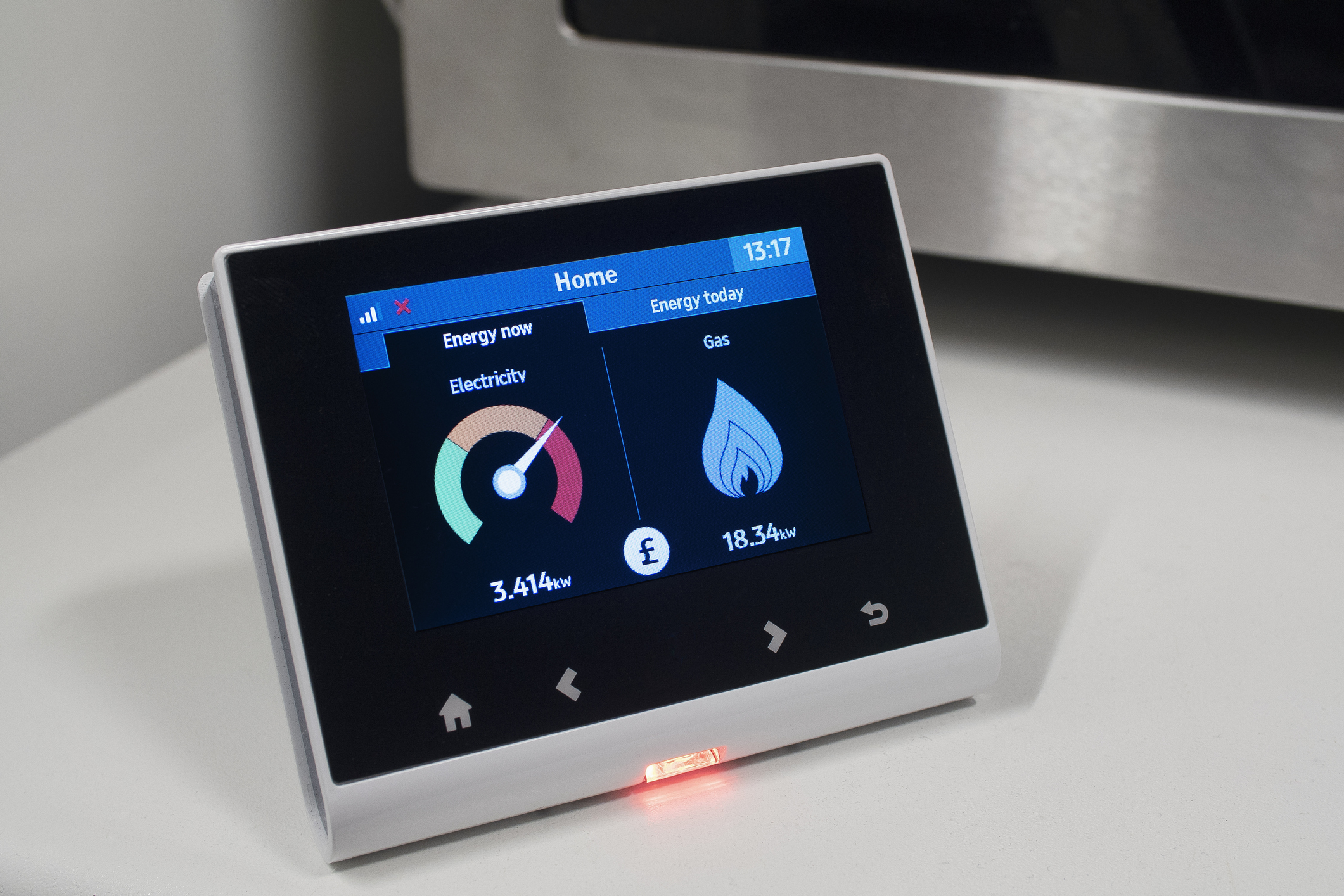 Should you switch to a fixed energy tariff in 2026?
Should you switch to a fixed energy tariff in 2026?As energy prices remain volatile and far above pre-2022 levels, is now the time to look for a fixed energy tariff? We look at the latest gas and electricity deals
-
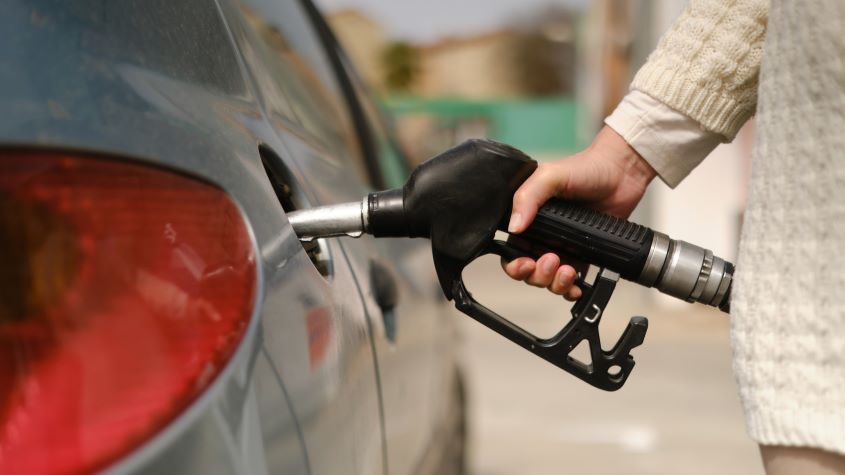 Competition watchdog warns drivers still overcharged on fuel prices
Competition watchdog warns drivers still overcharged on fuel pricesAdvice The competition watchdog has revealed that motorists are still paying too much for fuel, a year after its initial investigation. How can you save on fuel costs?
-
 Wood-burning stove vs central heating ‒ which is cheaper?
Wood-burning stove vs central heating ‒ which is cheaper?Advice After energy costs increased again, we compare wood-burning stove vs central heating to find out which is cheaper for your home
-
 Winter Fuel Payment – what is it and who can get it?
Winter Fuel Payment – what is it and who can get it?Advice Pensioners with incomes less than £35,000 will be eligible for the Winter Fuel Payment this year after a policy flip flop – but scammers are targeting the confusion. We explain how it works, and how to spot a Winter Fuel Payment scam.
-
 14 ways to save on your energy bill
14 ways to save on your energy billAdvice As the weather gets colder and bills rise, we outline 14 ways you can save on your energy bills
-
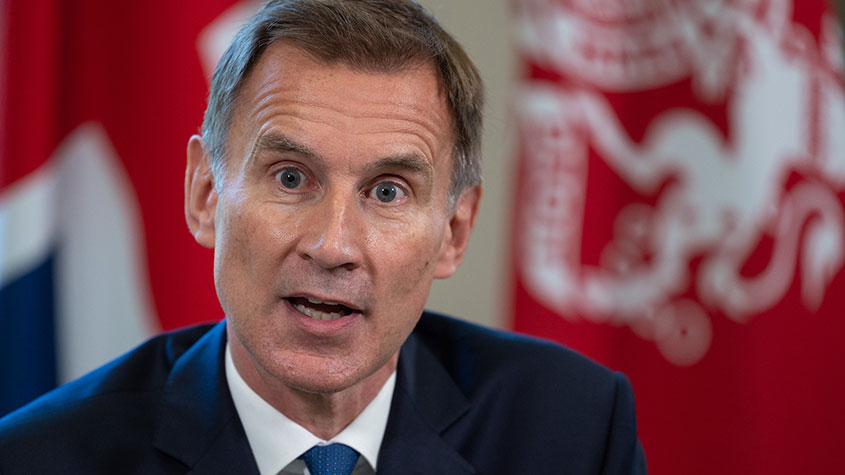 Autumn Statement: Energy Price Guarantee extended – but will not be as generous
Autumn Statement: Energy Price Guarantee extended – but will not be as generousNews Hunt will extend the Energy Price Guarantee, which was due to end in April 2023. But, the support will be significantly lower. Here’s everything you need to know.
-
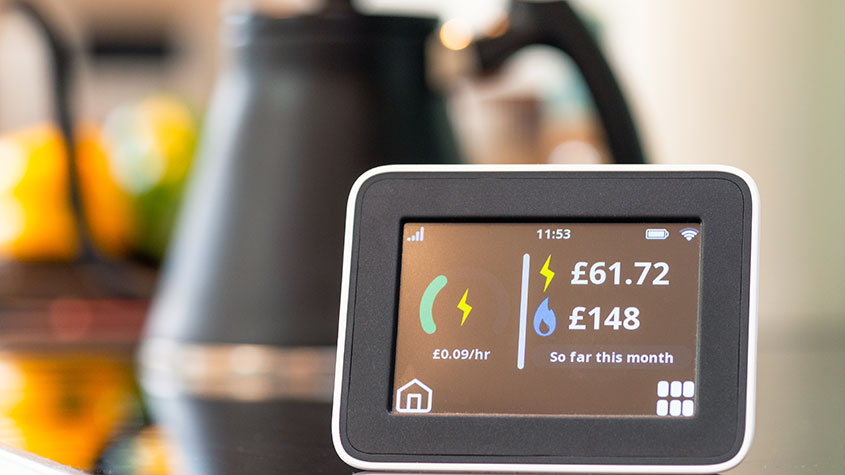 What is the £400 energy grant and how will it be paid?
What is the £400 energy grant and how will it be paid?News The government’s £400 energy grant is a discount applied to domestic energy bills in England, Scotland and Wales, with similar support for those in Northern Ireland. Here's how the grant will be paid.